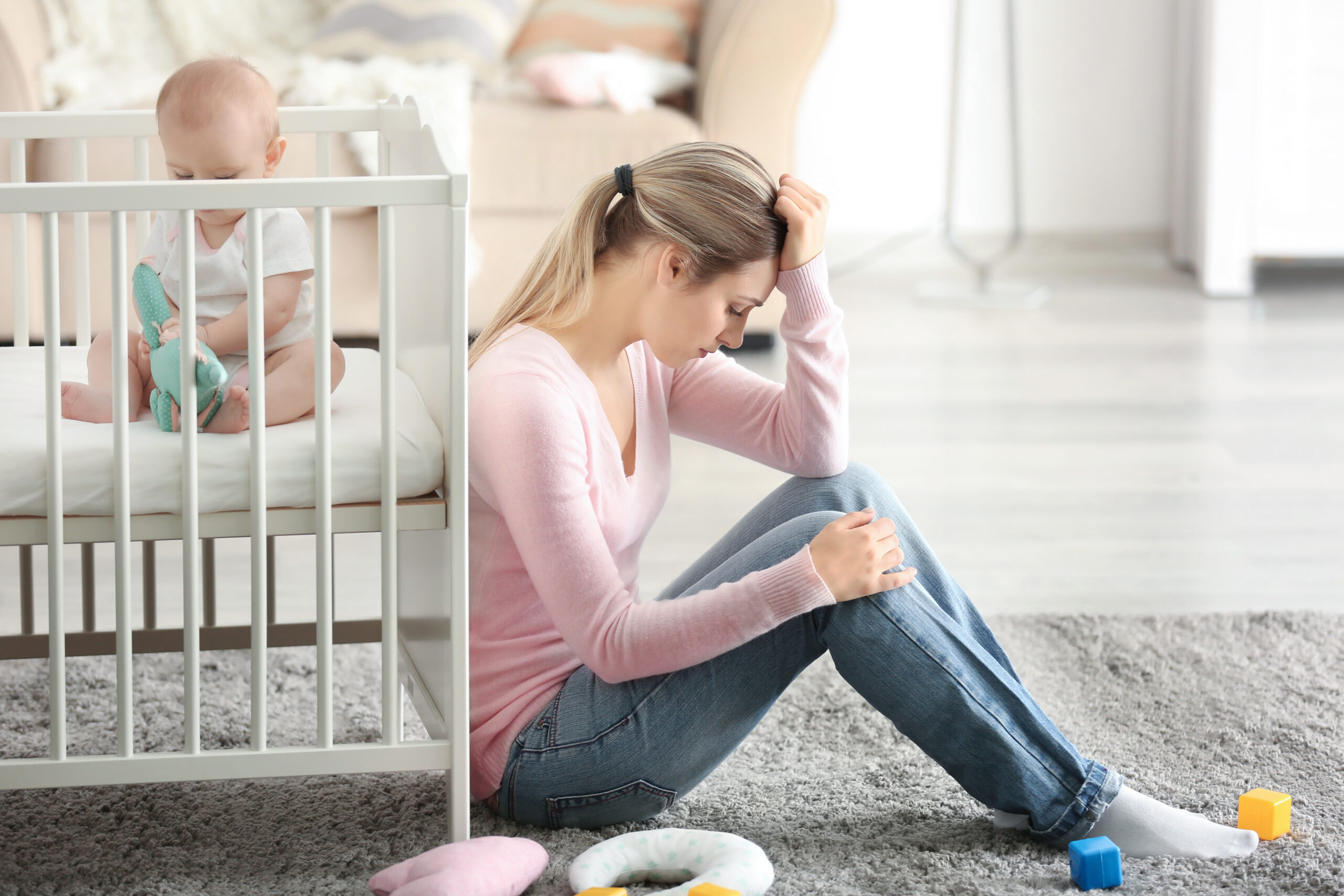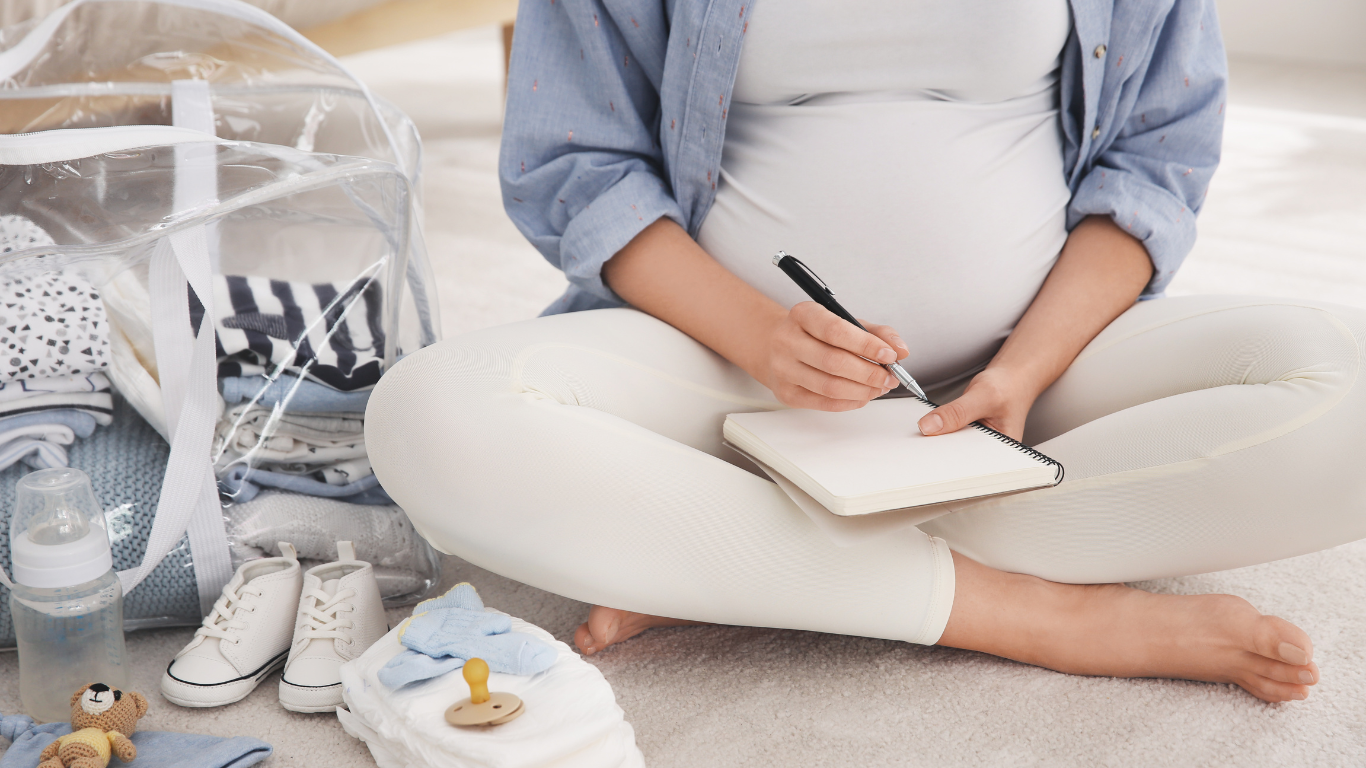We’ve all heard about the baby blues and it’s only natural to feel emotional after birth. But what causes these highs and lows, what should you expect, and when is it time to get help?
Whichever way you look at it, having a baby is a huge deal with major physical, as well as hormonal, changes. Statistics show that around 70-80% of new mums experience mood swings so don’t be alarmed if you’re weeping into your cereal one minute and raising your voice the next. And more importantly, know that these kinds of reactions are not a reflection of your feelings about being a mum; in fact, the assumption that we should be floating around on a blissful postnatal cloud is often what stops us talking about the problem.
Where do the baby blues come from?
All those pregnancy hormones that you’ve been living with for nine months drop rapidly around three days post-partum. That’s also around the time when the hormones that encourage milk production suddenly go sky high. Combine that with the inevitable exhaustion and demands of a newborn then there’s no wonder you feel like a good cry.
How will I feel?
Everybody is different and, just as some women sail through pregnancy, you might not notice the baby blues at all. If you do notice yourself being extra tearful, anxious about new responsibilities, or especially irritable then these are all feelings that many new mums describe. Insomnia and poor concentration are other common symptoms. Don’t be embarrassed; keep talking to those close to you so they can offer support and make sure you’re doing ok!
Is there anything I can do?
Self-care is really important after you’ve had a baby and you deserve as much R&R as you can possibly get with a tiny human in tow. Maintain a balanced, nutritious diet with mood-boosting foods like fish, flaxseed, and nuts. Protein is also important and eating small protein-based meals or snacks at regular intervals helps to balance blood sugar. If you’re breastfeeding, you will be especially thirsty and you need to keep your hydration up by drinking plenty of water (around 13 glasses per day). Try to minimise caffeine which can increase anxiety and insomnia.
When should I be concerned?
If these feelings last longer than two weeks or are particularly severe then it may be a sign of postnatal depression. Get advice from your healthcare provider or midwife and remember no one is judging you, they are experts at helping people in the same situation and all anyone wants is for you to be happy, healthy, and enjoy your time as a family.







